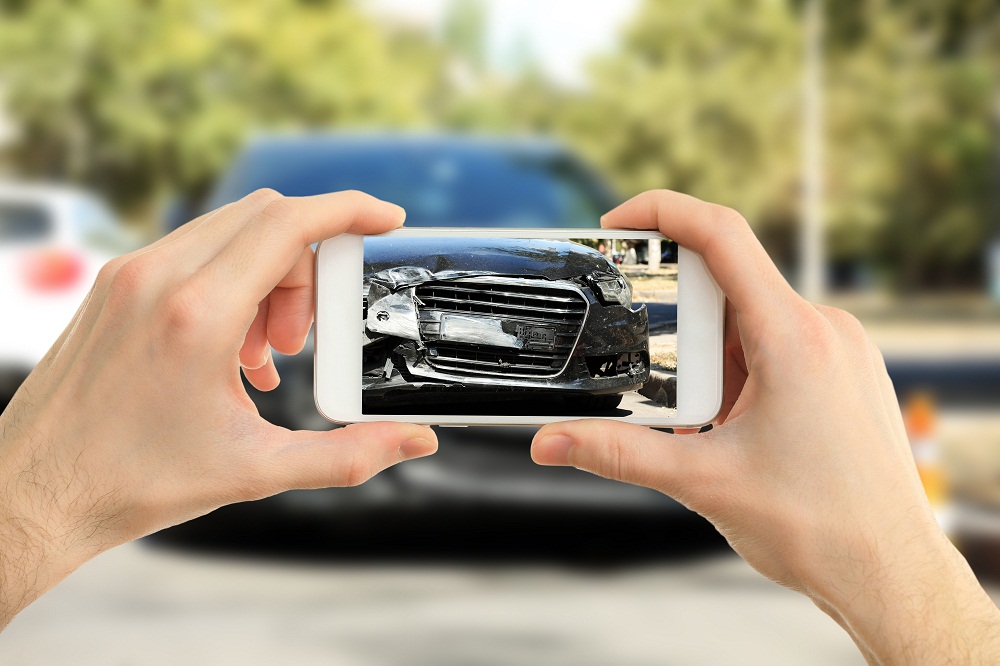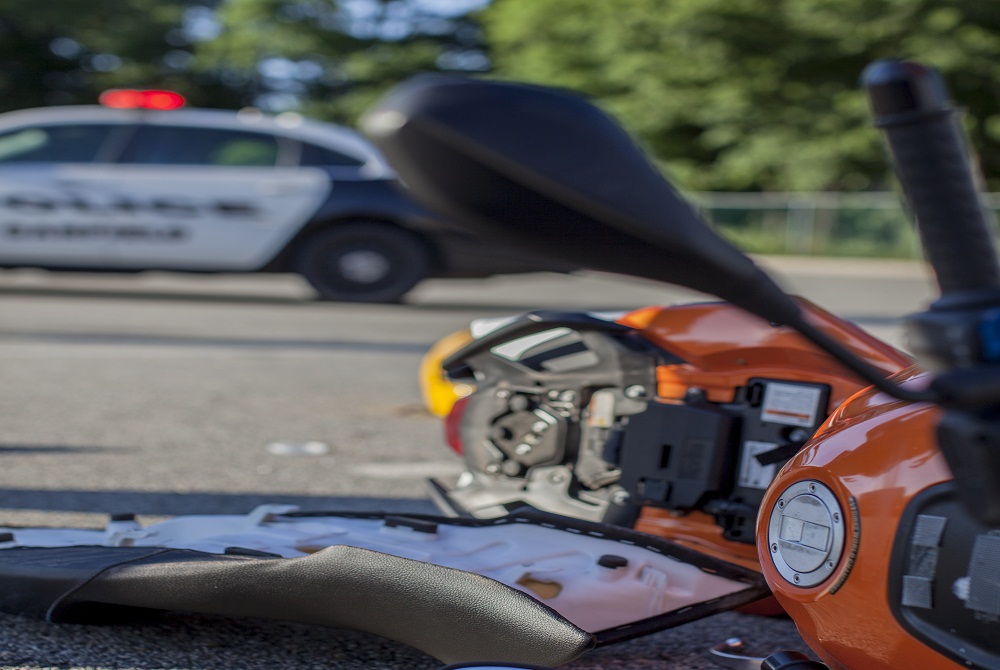Tips for Collecting Evidence After a Motorcycle Crash
 Your first priority after being in a motorcycle accident is to ensure you're in good health. Once you've come to your senses and composed yourself, it's important that you act diligently to collect evidence. The strength of your accident case depends on you being able to present a solid argument as to how you're not at fault. In order to receive funds to help cover costly medical expenses, property damage, and more, you need to prepare yourself for the legal process ahead. Collecting evidence at the scene of the accident gives you information to look back on and confirm with your insurance company. To ensure you receive proper compensation and care, be sure to follow these steps after you've been in a motorcycle accident.
Your first priority after being in a motorcycle accident is to ensure you're in good health. Once you've come to your senses and composed yourself, it's important that you act diligently to collect evidence. The strength of your accident case depends on you being able to present a solid argument as to how you're not at fault. In order to receive funds to help cover costly medical expenses, property damage, and more, you need to prepare yourself for the legal process ahead. Collecting evidence at the scene of the accident gives you information to look back on and confirm with your insurance company. To ensure you receive proper compensation and care, be sure to follow these steps after you've been in a motorcycle accident.
Take Plenty of Pictures
Your memories are bound to fade over time, so having a sharp mental image of how the accident unfolded is key in putting together your crash case. Photographs are an extremely easy way to preserve evidence and present it later when needed. In addition to taking pictures of any damage done to either your vehicle or the other party's vehicle, capture any nearby objects or impediments that could have contributed to the accident.
Speak with Everyone Involved
Your vantage point of the accident may not be enough to inform you as to what went wrong. That's why it's important to speak with witnesses and people involved in the crash and hear what they have to say. Witnesses can prove to be valuable assets when determining who is at fault for the accident, so talk with anyone who might be able to help provide you with much-needed information.
Call the Police
The worst thing you can do following an accident is take off before you have everything you need. Even if your accident is minor, the police still should be called so that a proper report can be filed. This report should contain a thorough breakdown of the accident and how it occurred, which can be used to your benefit when submitting your insurance claim.
Think Before You Speak
 While you may be quick to take blame for the accident, you're better off staying quiet in the initial aftermath of the incident. Admitting fault could impede you from getting any sort of payout for your expenses. Communication with authorities and members involved is important, but be sure that what you're saying won't come back to bite you later on.
While you may be quick to take blame for the accident, you're better off staying quiet in the initial aftermath of the incident. Admitting fault could impede you from getting any sort of payout for your expenses. Communication with authorities and members involved is important, but be sure that what you're saying won't come back to bite you later on.
Check Your Black Box
Most vehicles these days are equipped with a small device known as a black box. These event data recorders are used to help determine points of impact, brake status, and other information pertaining to the accident. Especially in more severe crashes, black boxes can bring to light certain elements of an accident that would otherwise be impossible to uncover. Trained forensic experts should be able to access your black box after an accident. You should be sure to gather all the information your black box recorded so that it can be used to determine the facts of your case more accurately.
If you've been involved in a motorcycle accident and need legal representation, contact the experts at Steelhorse Law, the premier motorcycle personal injury litigation firm in the Southeast. Learn more about how they can help you by visiting Motorcycle Injury Lawyers.
